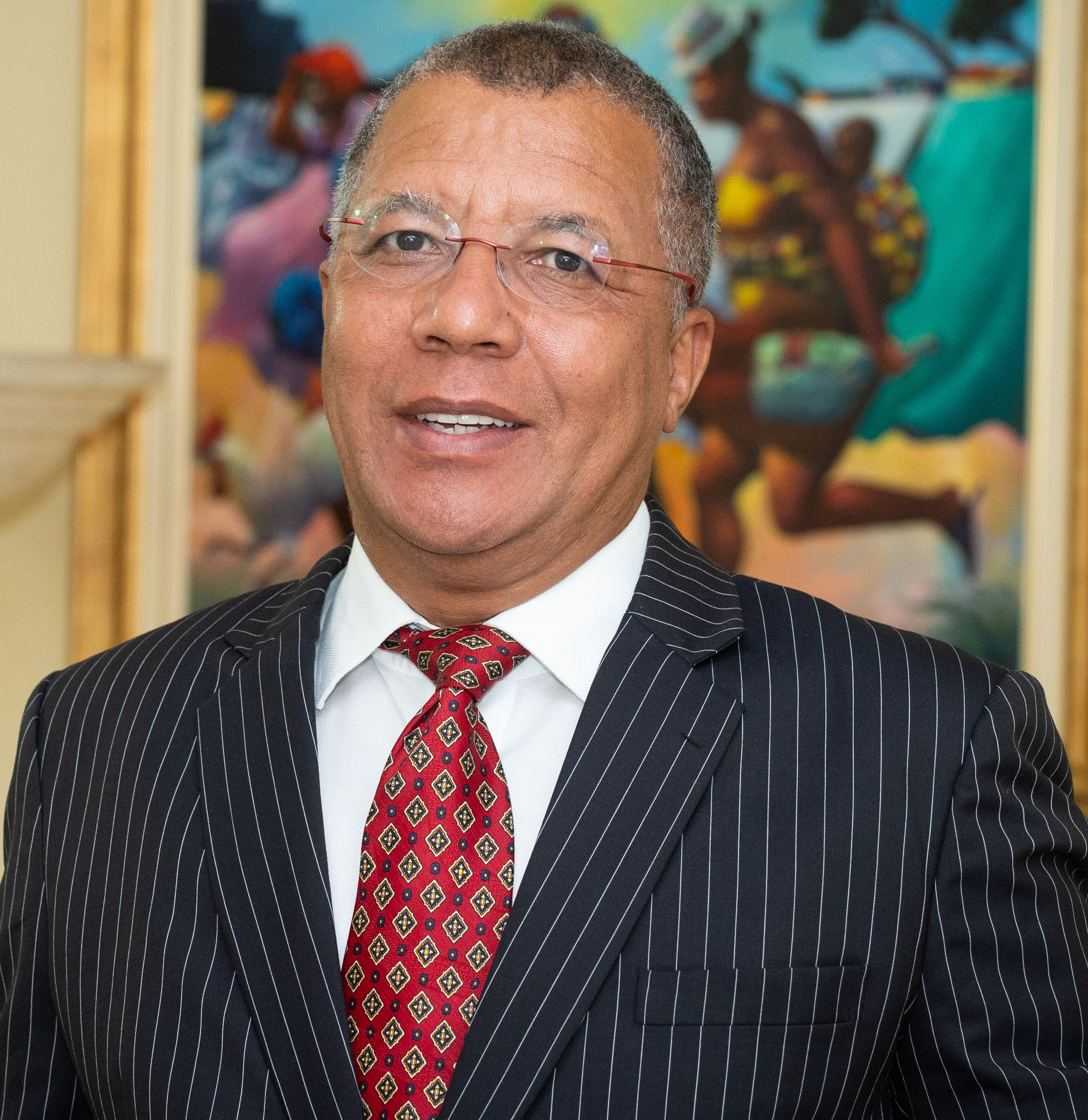
Professor Randall Carolissen is a Professor of Digital Transformation and the Dean of the Johannesburg Business School (JBS), a faculty of the University of Johannesburg (UJ). Upon assuming this position on 1 March 2021, he repositioned the business school as a leading digital business school on the African continent.
Upon completing a B.Sc. degree at UWC in 1981, Prof. Randall Carolissen, August started his career at the age of 20 as an industrial engineer at Firestone in Port Elizabeth and rapidly rose through the ranks. Pursuing his ambition to further his academic studies in Physics, he returned to UWC in 1984 as a laboratory assistant, completing a BSc (Hons). In 1987 he was appointed as a researcher at the CSIR, and in this period, he completed an MSc (cum laude) in 1989. He was then appointed as a lecturer at UWC and a PhD in 1995 in nano-physics. Whilst working towards his PhD, he assumed a research fellowship at the Ivy League University of Pennsylvania and, in this period, worked in a team that performed groundbreaking research on Schottky barrier interfaces. He co-authored three publications that remain widely cited internationally. He assumed a post-doctoral research post at the University of Ghent and has published in internationally peer-reviewed journals in the field of nano-physics.
In 2005, he completed an MBA (cum laude) at the University of Stellenbosch, specialising in international finance, receiving the Old Mutual Gold medal. This was followed by an M.Com in International Tax at the University of the Northwest in 2009. Apart from his undergraduate degree, all postgraduate qualifications were pursued on a part-time basis establishing his career.
He left the world of academia in 1999, and as the Managing Director of the South African Bureau of Standards (SABS), he was tasked with corporatising the commercial arm of the organisation. The 2005 annual report of the SABS shows that he effected a major turnaround from a loss-making government agency to an internationally competitive certification body with financial sustainability and independence from government funding. In 2005, he assumed the position of Chief Operating Officer of the Damelin group of companies.
Prof Carolissen joined the South African Revenue Service (SARS) in 2007 as a General Manager responsible for quality management, including mapping processes and drafting policies and procedures for operationalising the SARS modernisation program. As Group Executive responsible for revenue modelling and forecasting, his team developed statistical and data analytics models cited by the International Monetary Fund (IMF) as amongst the best globally. This application of statistics and the level of precision attained assisted in improving tax compliance and closing tax gaps, assisting SARS to respond robustly to the 2008 global financial crisis, which in turn ensured South African sustainability of the fiscal framework. SARS maintained a tax to GDP ratio exceeding 26%, comparable with leading economies, with revenue breaching R1 trillion. This offered the South African government fiscal space for debt consolidation and containment of national budget deficits. He concluded his career at SARS as the Head of the Tax, Customs and Excise Institute and had overall responsibility for research in fiscal economy and tax and trade statistics. He initiated, with the World Bank, a reform process of the reporting on trade statistics to reflect the modernisation of the South African economy post-liberation. As a technical expert, he has represented South Africa at the BRICS, IMF, the World Bank, the OECD, and the African Bank.
Prof. Carolissen has accumulated many prestigious international awards and has established himself as a leading fiscal authority within South Africa and a thought leader in the higher education sector.
In August 2018, Prof Carolissen was appointed as the Administrator of the National Student Fund Aid Scheme (NSFAS) with the full powers of the board and executive management. This drastic step by the government of South Africa was in response to a complete collapse of governance that evinced itself in hundreds of thousands of students not receiving stipends for periods of up to eight months. The successful turnaround in the administration and the improved delivery of its mandate drew widespread recognition from the government and the general public. This project was cited by the President in his state the nation address as a major success story for the democratic government of South Africa.
